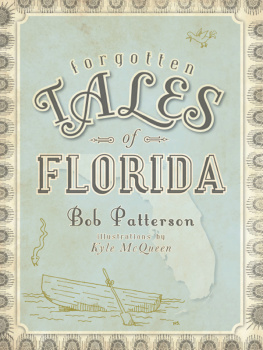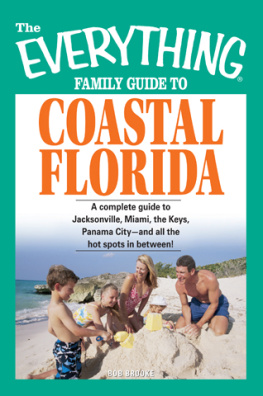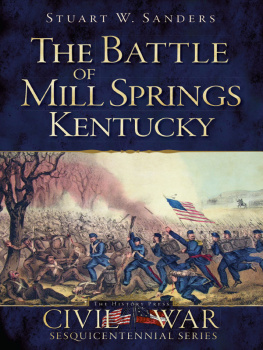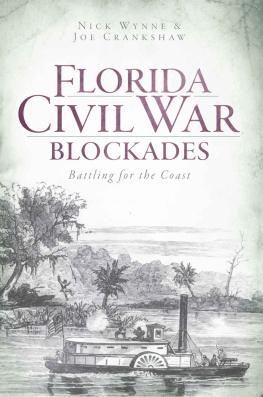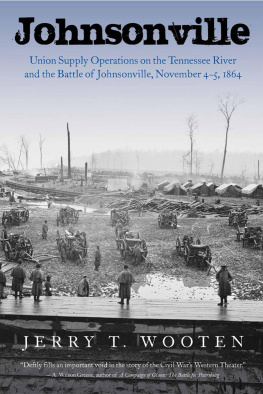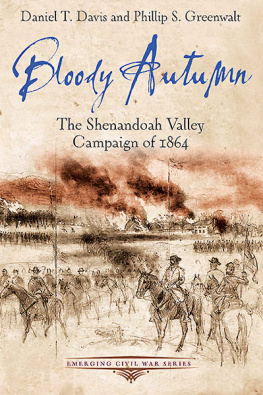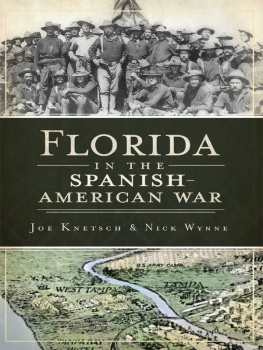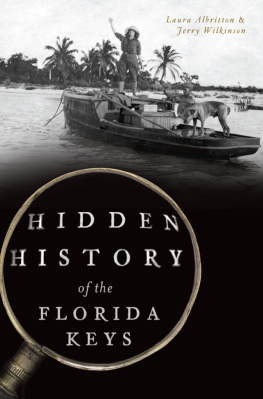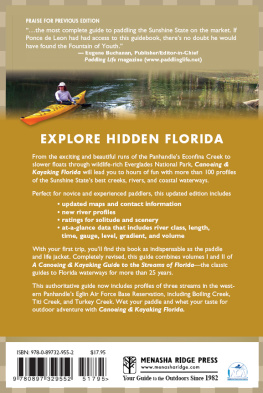Thunder on the River

UNIVERSITY PRESS OF FLORIDA
Florida A&M University, Tallahassee
Florida Atlantic University, Boca Raton
Florida Gulf Coast University, Ft. Myers
Florida International University, Miami
Florida State University, Tallahassee
New College of Florida, Sarasota
University of Central Florida, Orlando
University of Florida, Gainesville
University of North Florida, Jacksonville
University of South Florida, Tampa
University of West Florida, Pensacola
THUNDER ON THE RIVER
THE CIVIL WAR IN NORTHEAST FLORIDA
Daniel L. Schafer
UNIVERSITY PRESS OF FLORIDA
Gainesville Tallahassee Tampa Boca Raton Pensacola Orlando Miami Jacksonville Ft. Myers Sarasota
Copyright 2010 by Daniel L. Schafer
Printed in the United States of America. This book is printed on Glatfelter Natures Book, a paper certified under the standards of the Forestry Stewardship Council (FSC). It is a recycled stock that contains 30 percent post-consumer waste and is acid-free.
All rights reserved
15 14 13 12 11 10 6 5 4 3 2 1
Library of Congress Cataloging-in-Publication Data
Schafer, Daniel L.
Thunder on the river : the Civil War in northeast
Florida / Daniel L.Schafer.
p. cm.
Includes bibliographical references and index.
ISBN 978-0-8130-3419-5 (alk. paper)
1. Jacksonville (Fla.)History, Military19th century.
2. Jacksonville (Fla.)Social conditions19th century. 3. Saint Johns River Region (Fla.)History, Military19th century. 4. Saint Johns River Region (Fla.)Social conditions19th century. 5. FloridaHistoryCivil War, 1861-1865. I. Title.
F319.J1S35 2009
975.9'1205dc22
2009023128
The University Press of Florida is the scholarly publishing agency for the State University System of Florida, comprising Florida A&M University, Florida Atlantic University, Florida Gulf Coast University, Florida International University, Florida State University, New College of Florida, University of Central Florida, University of Florida, University of North Florida, University of South Florida, and
University of West Florida.

University Press of Florida
15 Northwest 15th Street
Gainesville, FL 32611-2079
http://www.upf.com
Dedicated to the Memory of Richard A. Martin
Richard A. Martin was born in Brooklyn, New York, in 1927. In 1949, after serving in the United States Navy, Richard made Jacksonville his home and newspaper work his vocation. He was a reporter and editor for the Jacksonville Journal for many years before going to work for the City of Jacksonville. Later, he put his talent with words to good purpose in the field of advertising. Throughout his years in Jacksonville, Richard made writing the citys history his passion. His legacy is the long list of articles and books on local history that he wrote before his death on March 27, 2003, at age seventy-five.
Contents
Preface
More than twenty-five years ago, I was asked to edit a draft of Richard A. Martins two-volume history of early Jacksonville. The Florida Publishing Company had commissioned the draft several years before with the intention of publishing it during the American bicentennial celebrations. The nearly twelve-hundred-page draft was instead placed in storage until 1981, when I was asked to prepare a manuscript limited to the Civil War chapters. I added insights from a number of primary source documents and, with assistance from Richard Martin and James Robertson Ward, completed the manuscript in summer 1984. Jacksonvilles Ordeal by Fire: A Civil War History, with Richard A. Martin as primary author, was published in August 1984 by William Shivers Morris III, the chief executive officer of the Florida Publishing Company. To the surprise of everyone involved, all five thousand copies sold in less than a week.
With the book out of print, editors of academic presses asked me to revise the book with a more scholarly focus. Mr. Morris indicated by telephone that he did not intend to republish the book and gave me permission to proceed with a new manuscript as I thought appropriate. Since Mr. Martin had no continuing interest in the book, I began work on a new manuscript, but put it aside when other obligations intervened. In 2005, I returned to the project with the help of history majors at the University of North Florida who enrolled in sections of my Local History Seminar. Grants from the UNF Board of Trustees made it possible for students to assist with the research at the National Archives and the Library of Congress in Washington, D.C.
The result is Thunder on the River: The Civil War in Northeast Florida. The narrative is intended to be engaging yet scholarly, reflecting the academic emphasis requested by publishers two decades ago. Thunder on the River is a local history placed in a national context and informed by the remarkable array of Civil War scholarship that has appeared in recent decades. It draws on dozens of research trips to the National Archives and the Library of Congress and on hundreds of primary and secondary sources that were not consulted for the 1984 monograph.
With the help of Kevin Hooper and Jim Vearil, I attempted to balance use of Confederate and Union sources and to expand coverage of events beyond Jacksonvilles boundaries to neighboring counties and along the St. Johns to farms and towns far to the south. Overall, Confederate defense strategy is emphasized, especially as it concerned the vital significance of denying the enemy access to the interior of Florida via the St. Johns River. Although woefully deficient in military manpower and war materials, Confederate soldiers and supportive civilians resisted with such resourcefulness that Federal land-based advances were turned back at the bloody Battle of Olustee in February 1864, and thereafter limited to the Jacksonville defense works until late July 1864. The Union navy continued to dominate the St. Johns, but skillful application of underwater explosivescalled torpedo mines at the timealmost succeeded in closing the St. Johns to Federal gunboats and ending the Union occupation of Jacksonville. Thunder on the river reverberating from the explosions that destroyed the Maple Leaf and other Union vessels inspired the books title. During my last conversation with Richard Martin, he said that Thunder on the River should have been the title of the original publication.
Serious attention is also given to contributions of the black residents of northeast Florida who seized the opportunities for self-emancipation provided by the presence of Federal occupation zones and the naval gunboats on the St. Johns. After finding sanctuary behind Union lines, more than a thousand former slaves from northeast Florida joined Union infantry regiments and fought for the liberation of other black men and women. One of those regiments captured Jacksonville in March 1863 and occupied it for nearly three weeks, prompting additional self-emancipations. Some of those same men returned to Jacksonville one year later, fought at the Battle of Olustee, and formed part of the subsequent Federal army of occupation in Jacksonville.
A fresh and intensive examination was given to the local evidence regarding slavery as the motivation for secession and war. It was concluded that the white residents of Jacksonville were so convinced that Northerners intended to limit the right granted by the U.S. Constitution to carry human property into the western territories, and eventually to abolish the institution of slavery altogether, that they embraced secession and war as their last desperate chance to preserve slavery. This may not be an entirely popular conclusion, but the evidence for Jacksonville, especially the words of its own citizens, sustains it.
Next page

